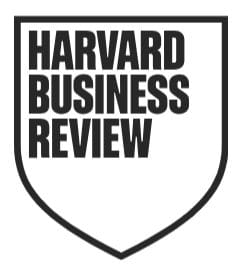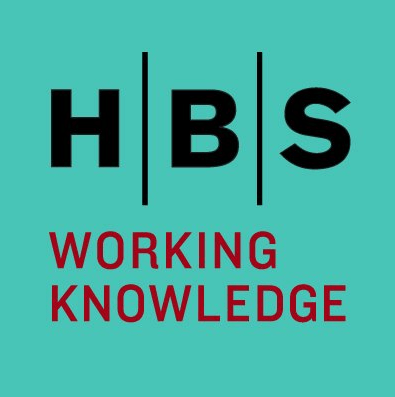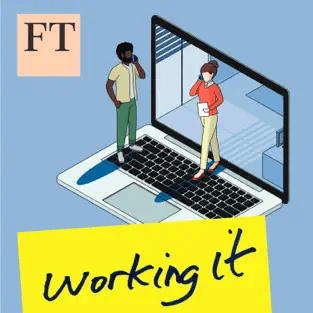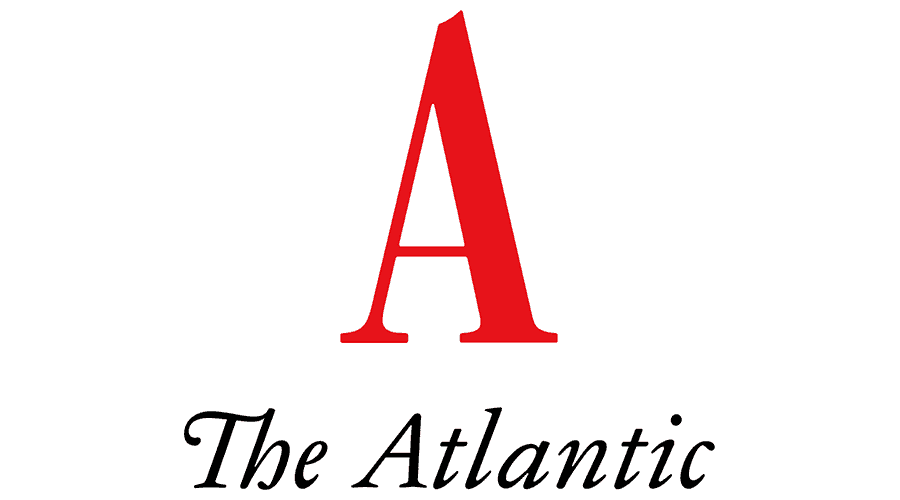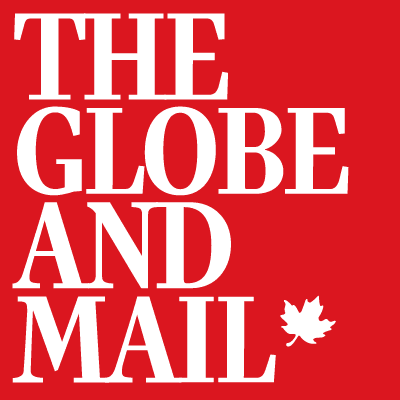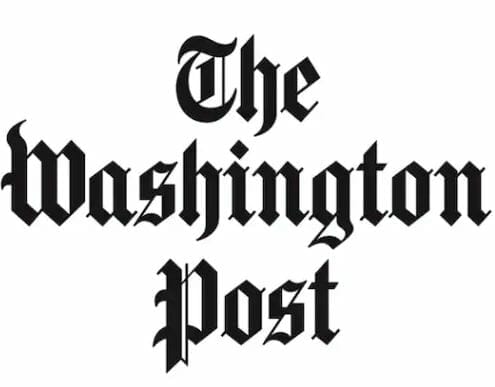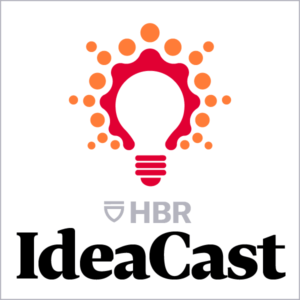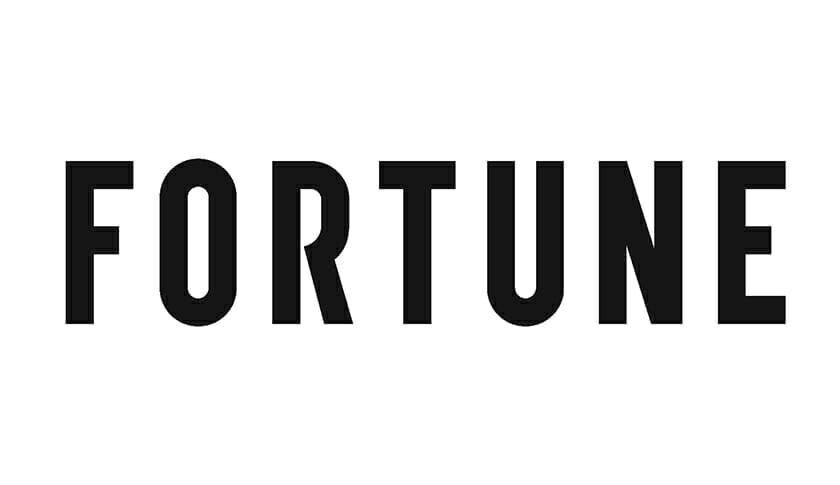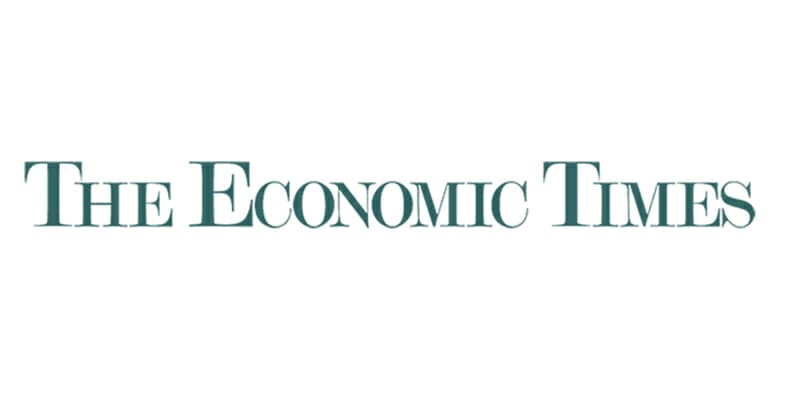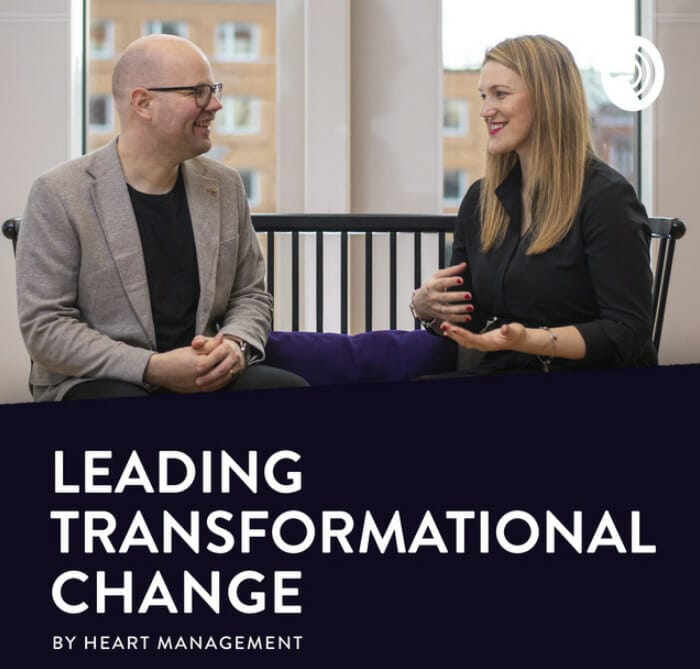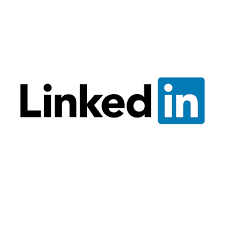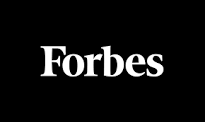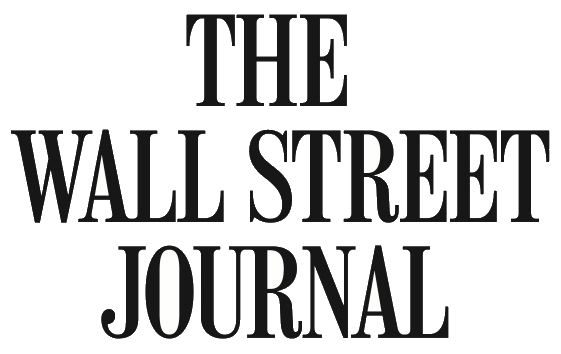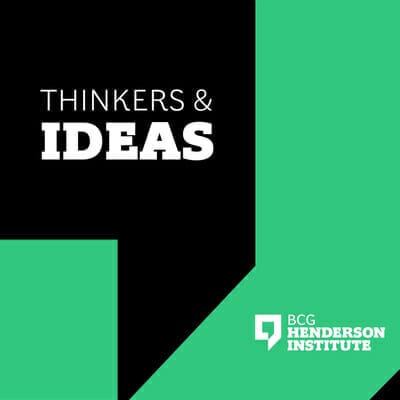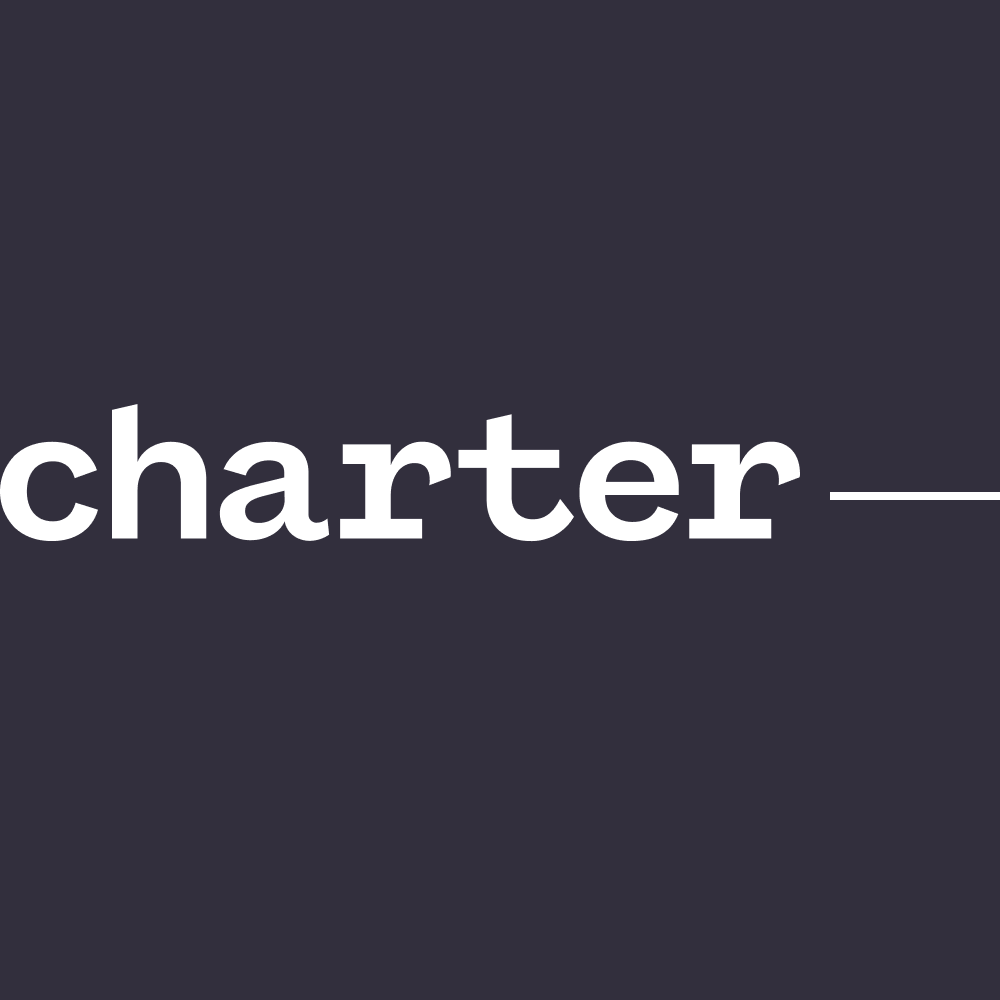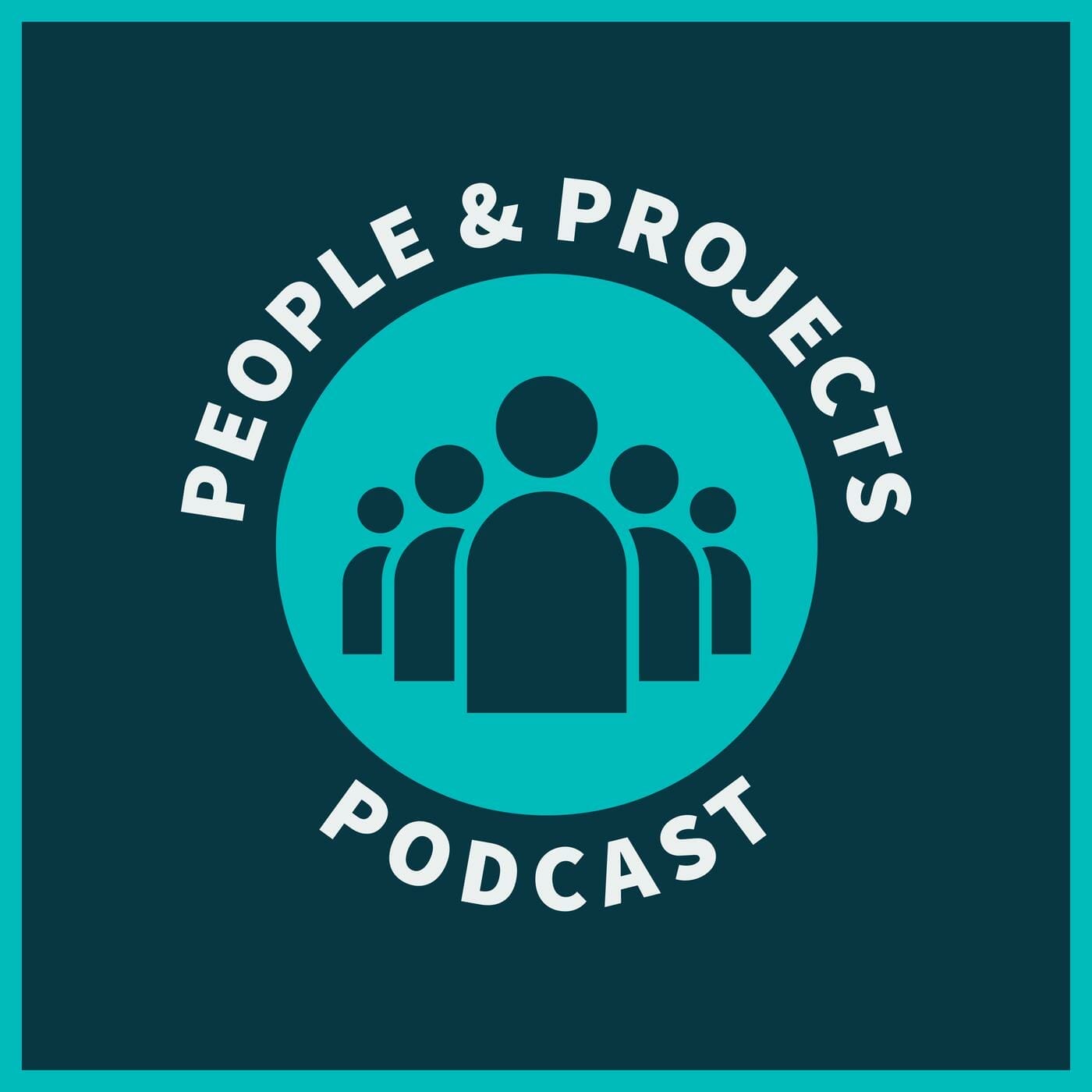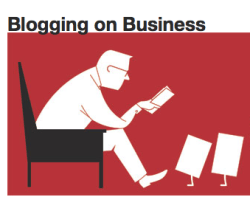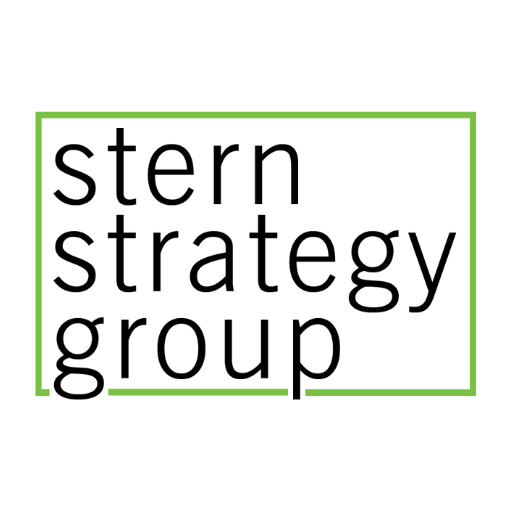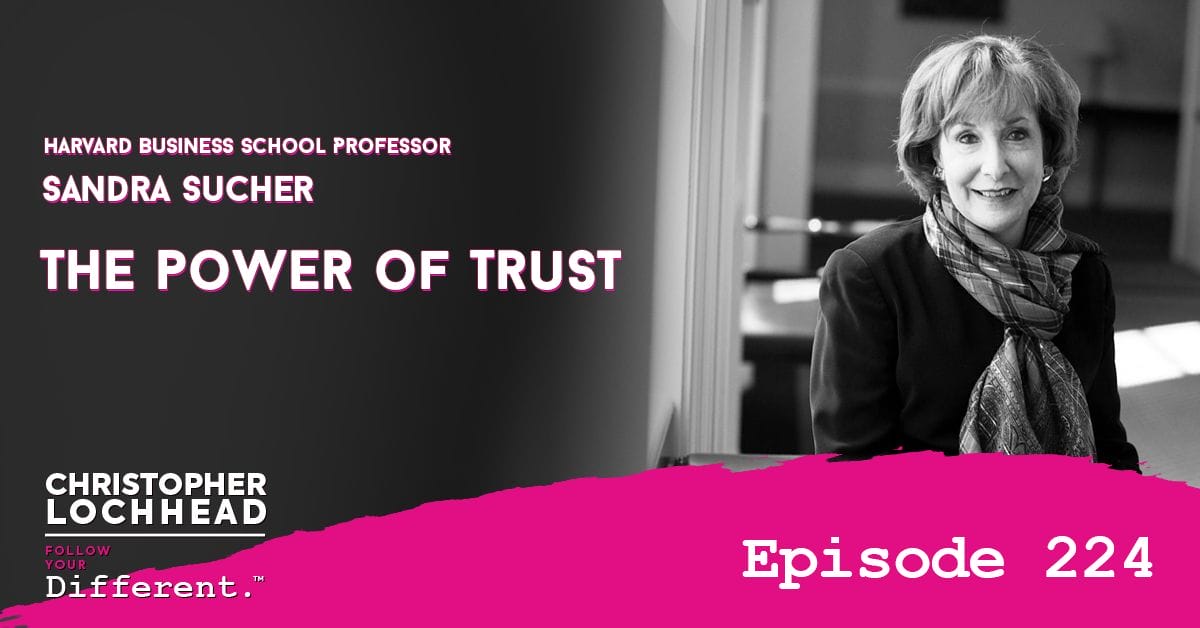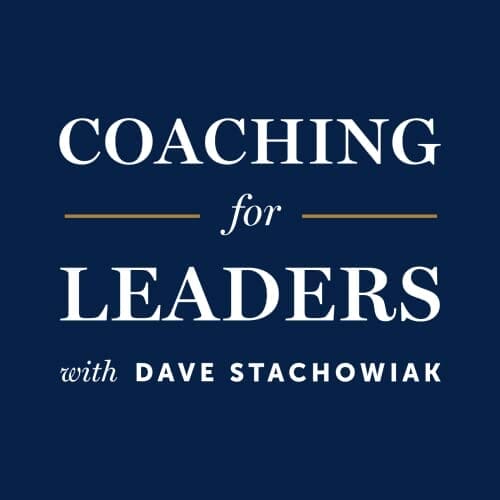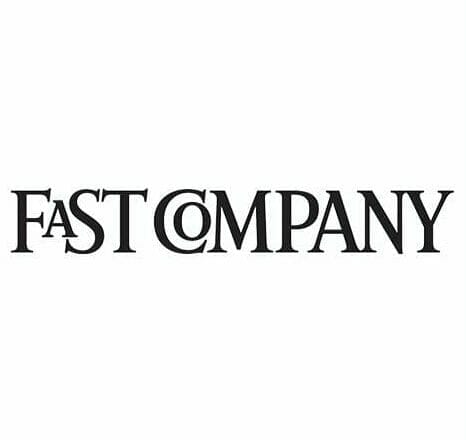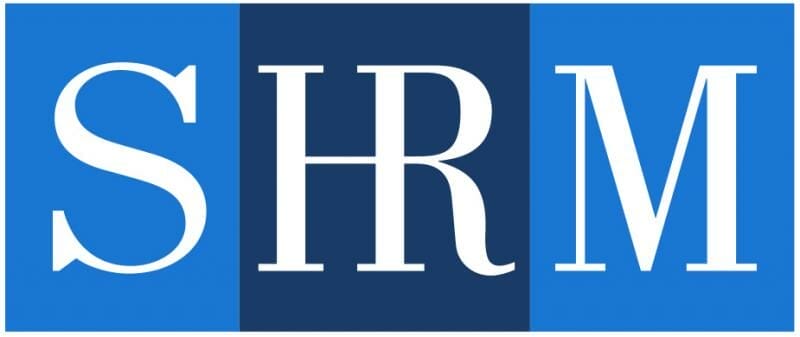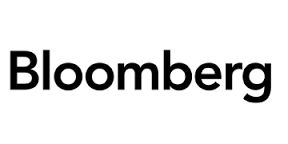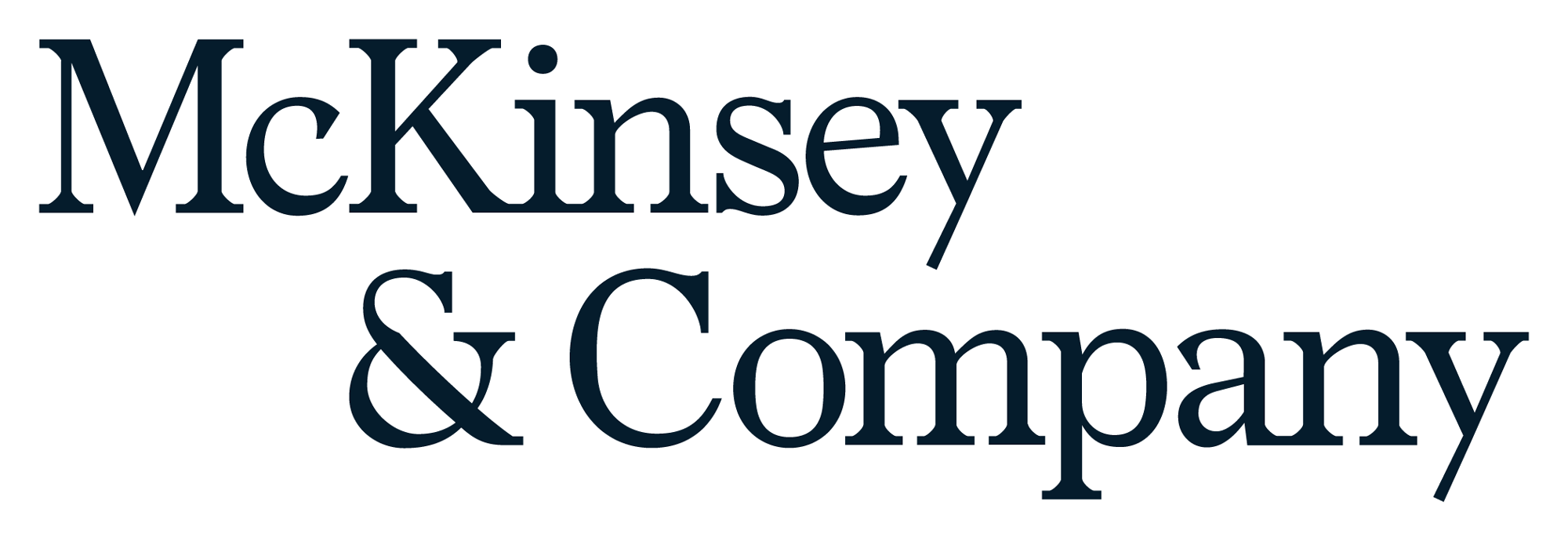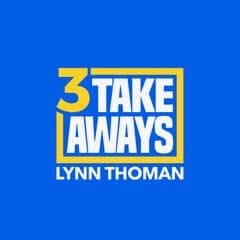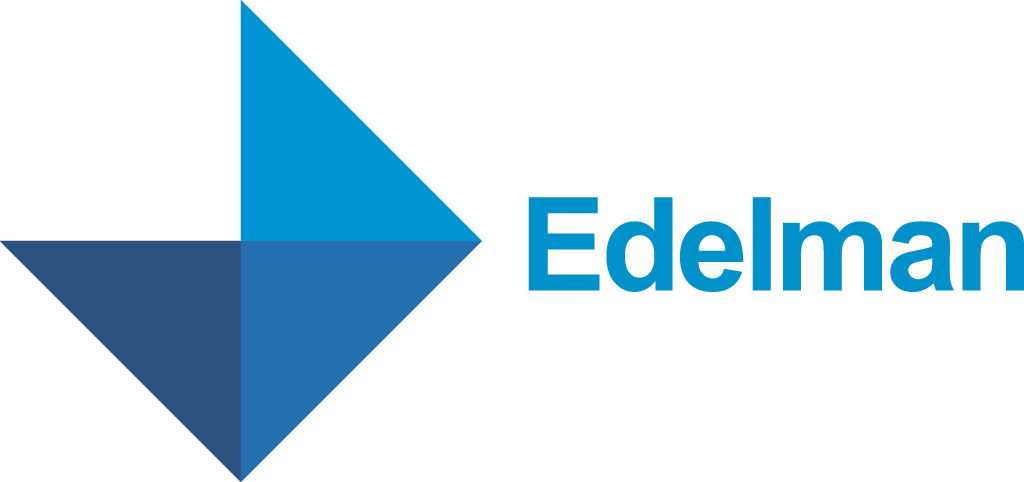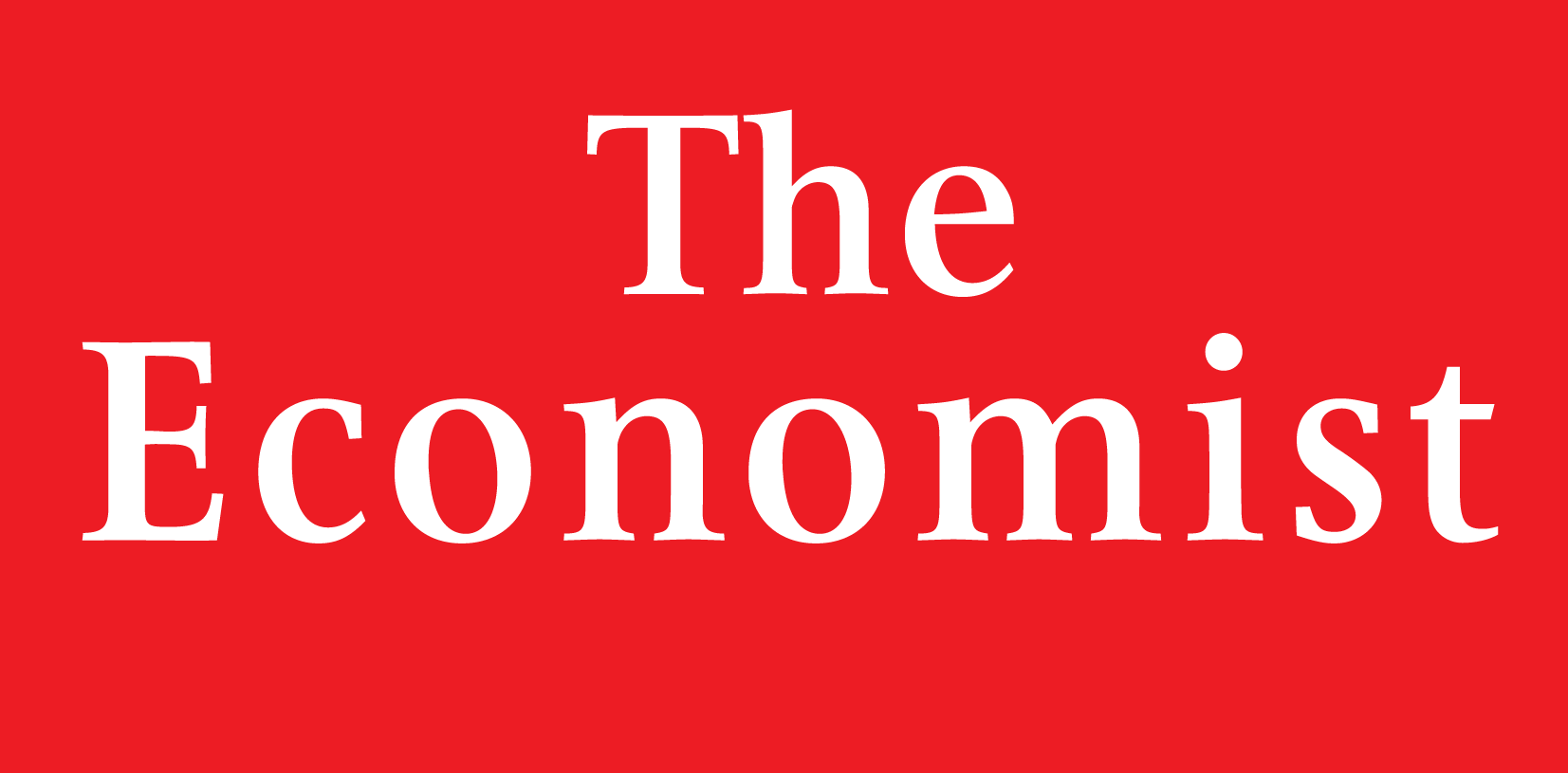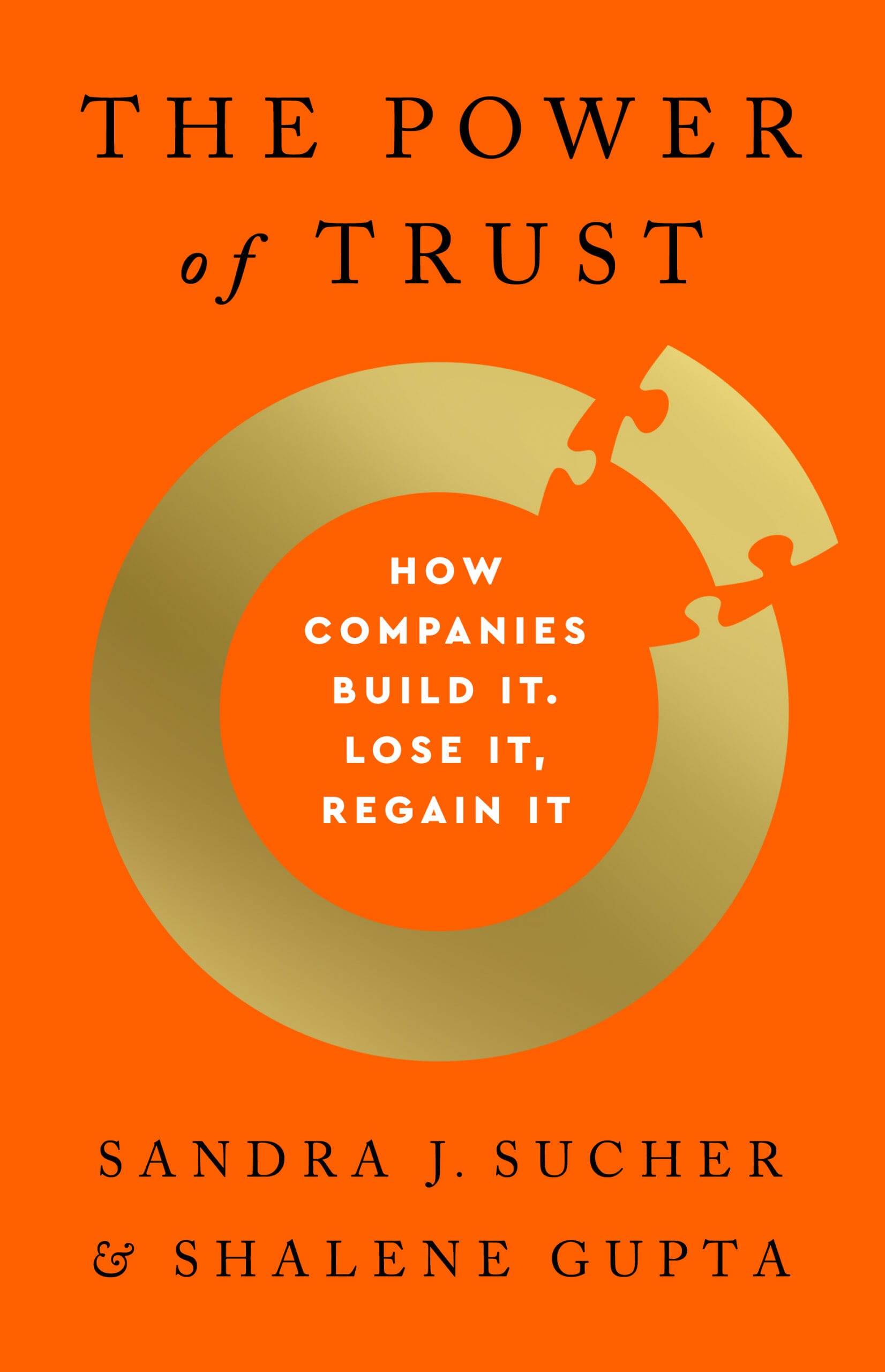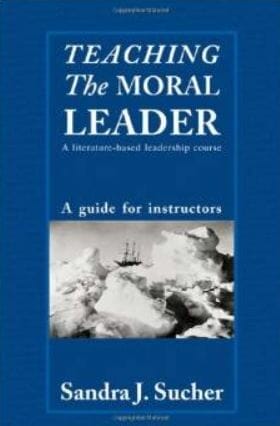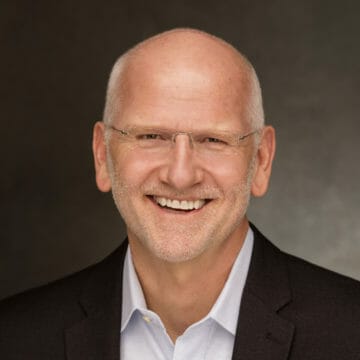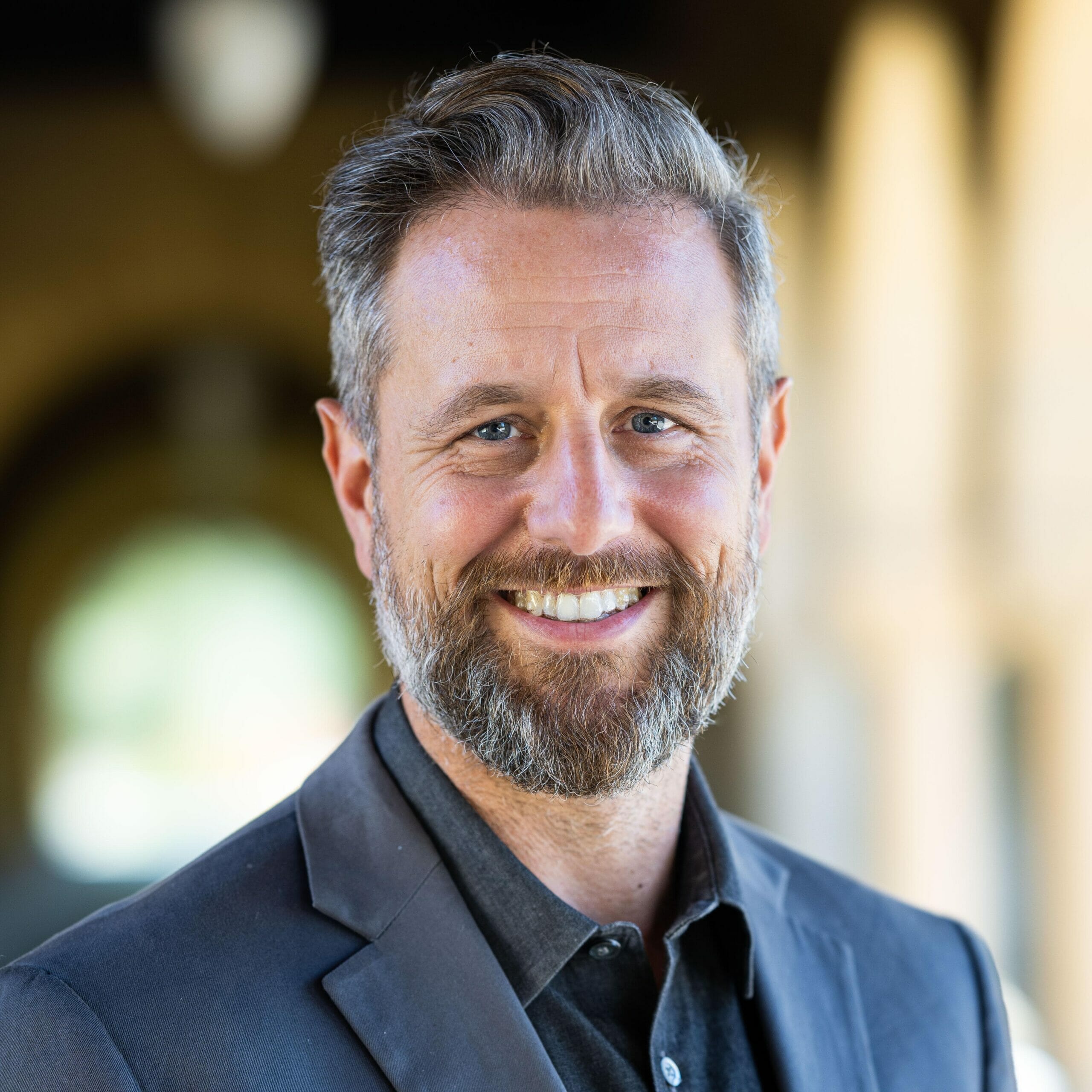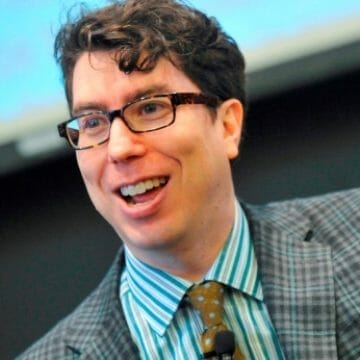Videos
Learn More About Sandra J. Sucher
Trust isn’t a feeling. It results from intentional choices, says Harvard Business School Professor of Management Practice Sandra J. Sucher (SUH-cher). By helping leaders see trust not as an aesthetic wrapper, but rather as the foundation for building relationships with stakeholders of all kinds – customers, employees, investors and the public – Sucher provides a roadmap for becoming trusted in a world where the demands on organizations, their leaders and their boards are growing all the time.
Sucher is an accomplished business executive who spent years developing and building on her commitment to moral leadership while working as a manager in the financial services, retail and nonprofit sectors. As a business process improvement specialist, she actively incorporated trust, morality and diversity, equity and inclusion (DEI) principles into workplace systems and witnessed firsthand how such a focus significantly benefited the organization and its employees. Her bestselling book, “The Power of Trust: How Companies Earn It, Lose It, Regain It” (Public Affairs, July 2021) – co-authored with colleague Shalene Gupta – summarizes her two decades of research examining the gray areas of business. The book – as well as her 2019 articles on trust, “The Trust Crisis,” “Leading with Trust” and “The Elements of a Good Company Apology,” which were featured as a “big idea” on HBR.org – serves as an essential guide for leaders interested in cultivating trust within and outside their organizations.
“Trust underpins a range of issues related to gender, corporate responsibility, race and beyond,” says Sucher, who is a member of the Edelman Trust Institute advisory board and collaborates with PwC on its Trust Leadership Trust Institute, and with Deloitte on TrustIQ™, a proprietary tool that measures key elements of trust in major corporations and public sector organizations. “We often think of trust in an ephemeral way, as a good feeling that everyone shares. But trust is actually a skill grounded in relationship management and understanding motivations. It’s a framework designed to change cultures and open the door to more effective ways of engaging with constituents.”
How to Avoid the Lasting Organizational Damage That Layoffs Cause
With news spreading much faster and corporate decision-making scrutinized more heavily than ever before, organizations are especially under the microscope when it comes to layoffs. While sometimes unavoidable workforce cuts can be done right, Sucher cautions that layoffs like the tens of thousands of job cuts since late-2022, especially in tech, often have negative impacts much greater than any cost savings. Layoffs can cause irreversible harm to an organization’s reputation, she says, and effects like damaged trust can linger in an organization while perpetuating the myth that downsizing the workforce inherently increases profitability. Sucher’s research-backed evidence offers a vivid warning to leaders that the short-term cost savings of layoffs will not equal long-term organizational success.
“We’re in a particularly bad space right now in terms of how layoffs are being managed,” explains Sucher, who followed her 2018 article, “Layoffs That Don’t Break Your Company,” which was selected as a Harvard Business Review (HBR) “must read” for its insights into how layoffs decimate trust, with a December 2022 HBR article focusing specifically on lessons from layoffs on tech, “What Companies Still Get Wrong About Layoffs.” She continues, “humans aren’t a resource in the same way that oil and gas are, so if you treat them as a resource that can be depleted or that you can discard when it no longer has value, you’re undermining the basic notion of what it means to be a person.”
With ethics at the core of her work, Sucher teaches leaders the importance of inviting diverse perspectives before making decisions, and shows leaders how to do it successfully. As a former executive, she focuses on practical lessons and tips for leaders that go beyond platitudes to actions that move the needle on trust and help organizations perform better. She also helps organizations weather disruption without harming employees.
“Many companies would try to keep their heads down till the storm passed, but to restore trust, you need to acknowledge an error,” she advises. “Acknowledging a mistake, figuring out missteps and fixing them can help any company with dedication and sincerity to restore trust.”
###
Sandra J. Sucher is an internationally recognized trust researcher and professor of management practice at Harvard Business School (HBS). She has worked as chair of the Better Business Bureau, a vice president at Fidelity Investments and a senior executive at Filene’s Basement, where she authored the proposal to expand from a single-unit business into a national chain. Her leadership teachings are codified in two books based on the HBS course The Moral Leader.
At HBS, Sucher studies how organizations become trusted and the vital role leaders play in the process. She has authored 110 business cases, technical notes, video interviews, teaching notes and three books. Her 2019 articles on trust were featured as a “big idea” on HBR.org. Sucher’s textbooks on ethical leadership, “The Moral Leader: Challenges, Insights, and Tools” and “Teaching The Moral Leader: A Literature-based Leadership Course” were called “a ground-breaking approach for education in business ethics.”
Sucher’s research has been featured in the Wall Street Journal, Bloomberg, Quartz, Business Insider, CNBC, NPR and Marketplace, as well as internationally in Germany, Latin America and Japan.
Sandra J. Sucher is available to advise your organization via virtual and in-person consulting meetings, interactive workshops and customized keynotes through the exclusive representation of Stern Speakers & Advisors, a division of Stern Strategy Group®.
Build Trust in Your Management of AI
While it’s vital for companies to trust the AI and generative AI tools they deploy, it is just as important for stakeholders to trust in how a company is managing AI. In this revealing, interactive session, Harvard Business School professor Sandra Sucher outlines her renowned, research-based framework describing what trust is and how and why people trust organizations and their leaders. From there, she details recent research into how The Financial Times has built trust in the adoption of generative AI in its newsroom, offering attendees insights into what can be learned from the FT’s approach. Attendees will explore how AI adoption can be strategized, implemented and communicated in ways that will ensure a transparent, trustworthy process among employees and the public alike.
How to Avoid the Lasting Organizational Damage That Layoffs Cause
With tens of thousands of layoffs, especially in tech, since the end of 2022, Harvard Business School professor Sandra Sucher cautions organizations that the negative impacts of large-scale downsizing are greater than the cost savings. In this eye-opening session, she’ll present research that shows how mass layoffs can cause potentially irreversible damage to an organization’s reputation. Today, says Sucher, news spreads much faster and corporate decision-making is scrutinized more heavily than ever before. She warns that the effects of layoffs, like damaged trust, can linger in an organization while perpetuating the myth that downsizing the workforce inherently increases profitability. Sucher’s research-backed evidence offers a vivid warning to leaders that the short-term cost savings of layoffs will not equal long-term organizational success.
Trust: The Foundation of Successful Organizations
Trust can mean different things to different people. As Harvard Business School professor Sandra Sucher explains, “Trust is an elusive, even mushy, concept. Betrayal of trust, however, underpins many issues related to corporate responsibility, ethics, and diversity, equity and inclusion.” In this presentation, based on her bestselling book “The Power of Trust,” Sucher provides a four-part model for understanding trust — competence, motives, means and impact — that transforms trust from a wish to something companies and their leaders can actively manage. To become trustworthy, she says, companies must be sensitive to diverse audiences when developing and marketing products, services and technologies, and caring in their treatment of people. Highlighting her decades of research, Sucher offers audiences a roadmap for building trust or regaining it once it’s lost.
How Boards Play a Key Role in Building Trustworthy Organizations
Boards are fiduciaries, which means their duty is to protect other people’s interests, generally defined as consisting of a duty of care, a duty of loyalty, and, some legal scholars would argue, a duty of candor, says Harvard Business School professor Sandra Sucher, an internationally recognized expert on building institutional trust and moral leadership and co-author of “The Power of Trust” (July 2021). In this presentation, Professor Sucher outlines key steps board members can take to become moral role models such as ensuring their board has the right members, that it is structured correctly, and that members are able to have intentional, open, honest and timely conversations where issues of accountability can be fully addressed.
Becoming a Moral Leader
Successful leaders – at any level and in any arena – are inevitably presented with moral and ethical choices. In both our business and personal lives, we navigate a complex web of problems that often don’t have clear-cut answers. Harvard Business School professor Sandra Sucher knows firsthand that business leaders are often tasked with making consequential decisions on issues that may conflict with organizational goals or interests. In this presentation, based on her Harvard Business School courses, Sucher teaches participants how to navigate difficult decisions, especially those with a moral or ethical component. She further encourages managers to confront those fundamental moral challenges, to develop skills in moral analysis and judgment, and to come to terms with their own definition of moral leadership and how it can be translated into action.
Making Good on Diversity, Equity and Inclusion Promises
When proactive steps are not taken to make workplaces more inclusive, resentment can set in among those who feel slighted, overlooked or unfairly compensated. In some cases, companies face discrimination lawsuits. Even a brand’s well-meaning choice to passively participate in a social media campaign like #blackouttuesday can reveal a level of insincerity, which may, in turn, result in public and consumer distrust. In this presentation, Harvard Business School professor Sandra Sucher shows participants how to create an inclusive culture that enables trust within the organization and how to ensure their brand can be trusted by those on the outside.
Ask us about Sandra Sucher’s hands-on experiences that take learning beyond the boardroom.
Praise for "The Power of Trust"
“You can’t buy it. You can’t sell it. You can’t even see it. But if you had more of it, your employees would work harder, and your customers would stay with you longer. Trust is one of the most valuable intangible assets that a company can have and this book will show you how to get more of it. Packed with wonderful stories and practical examples, this book is a great read. TRUST me!”
“The 2021 Edelman Trust Barometer found business is the most trusted institution. Business has a new mandate to lead as the world combats ongoing crises and widespread mistrust. Against this backdrop, “The Power of Trust” is a must-read. Both scholarly and practical, it draws on fields from ancient philosophy to modern management theory to analyze and deeply examine the core elements of business trust while taking a lively journey through real-world cases of trust won and lost (and won again). Professor Sandra Sucher and Shalene Gupta make a vital contribution to the trust conversation and provide a compelling call to action for CEOs to build trust by embracing a broader societal role.”
“Full of fresh insights brought to life by compelling examples, “The Power of Trust” is a rich and rewarding read. It’s also extremely timely. With more and more companies today pledging to balance the interests of all of their stakeholders, and not always put their shareholders first, Sandra Sucher and Shalene Gupta make clear that the driving question executives should be asking themselves every time they make a major decision is, ‘Will this enhance trust among those we claim to serve—or betray it?’”
“Unveils a new understanding of the business, economic, and societal importance of trust.”
“With vibrant and compelling insights, Sandra Sucher and Shalene Gupta break important new ground about trust as a key foundation for both human relationships and business. Their illuminating and exciting exploration of what it takes to build trust, combined with vivid storytelling, make this page-turner a critical companion for any business leader.”
“Trust is at the foundation of sustainably successful enterprises in business, government, and any organization, for that matter. “The Power of Trust” does a great job explaining the how and why of building trust, including fairness, one of my favorite issues.”
“Sandra Sucher and Shalene Gupta offer a comprehensive blueprint for companies and leaders who want to build or regain the trust of their stakeholders. Their work provides an insightful trust model that underpins moral leadership — looking at competence, motives, means, and impact. A brilliant resource for anyone who wants to truly understand what trust is, how it works, and what they can do to incorporate it into their leadership practice.”
Praise for “The Moral Leader”
“Sandra Sucher … has an extraordinary and excellent grasp of the process of moral reasoning and her exploration of that process through powerful literature and historical figures is just wonderful. This should be required reading – and digestion – for every leader in every organization.”
“The Moral Leader provides an insightful and much needed approach to effective moral leadership and its role in modern society … The book is an important resource for students and leaders who will confront difficult moral and ethical challenges.”












